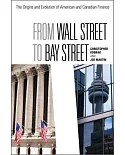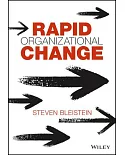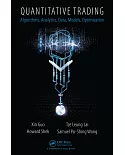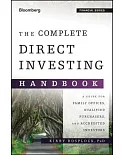This book analyzes in depth all major derivatives debacles going back to Citibank's forex losses in its Belgian branch in 1964, to Amaranth's $5.4 billion loss on gas futures in 2006 and
Societe Generale's loss of $7.8 billion in early 2008.Contrary to widespread belief, derivatives products are welfare-enhancing from a macroeconomic point of view. Unfortunately, financial
innovations are used and abused by financial institutions and corporations when control systems are not properly designed. The proliferation of financial derivatives does not increase systemic
risk but allows players in speculative markets to optimize their risk-return profile in line with their strategic goals and comparative advantages in the marketplace. Regulation is not
necessarily called for; instead, proper guidelines for the use and monitoring of derivatives by firms should be established and enforced.The book groups cases by derivatives category, starting
with the simplest and building up to the most complex ��namely, Forwards, Futures, Swaps and Options, in that order, with applications in commodities, foreign exchange, stock indices and
interest rates. Each chapter deals with one derivatives debacle, providing a rigorous and comprehensive but non-technical elucidation of what had happened.





















